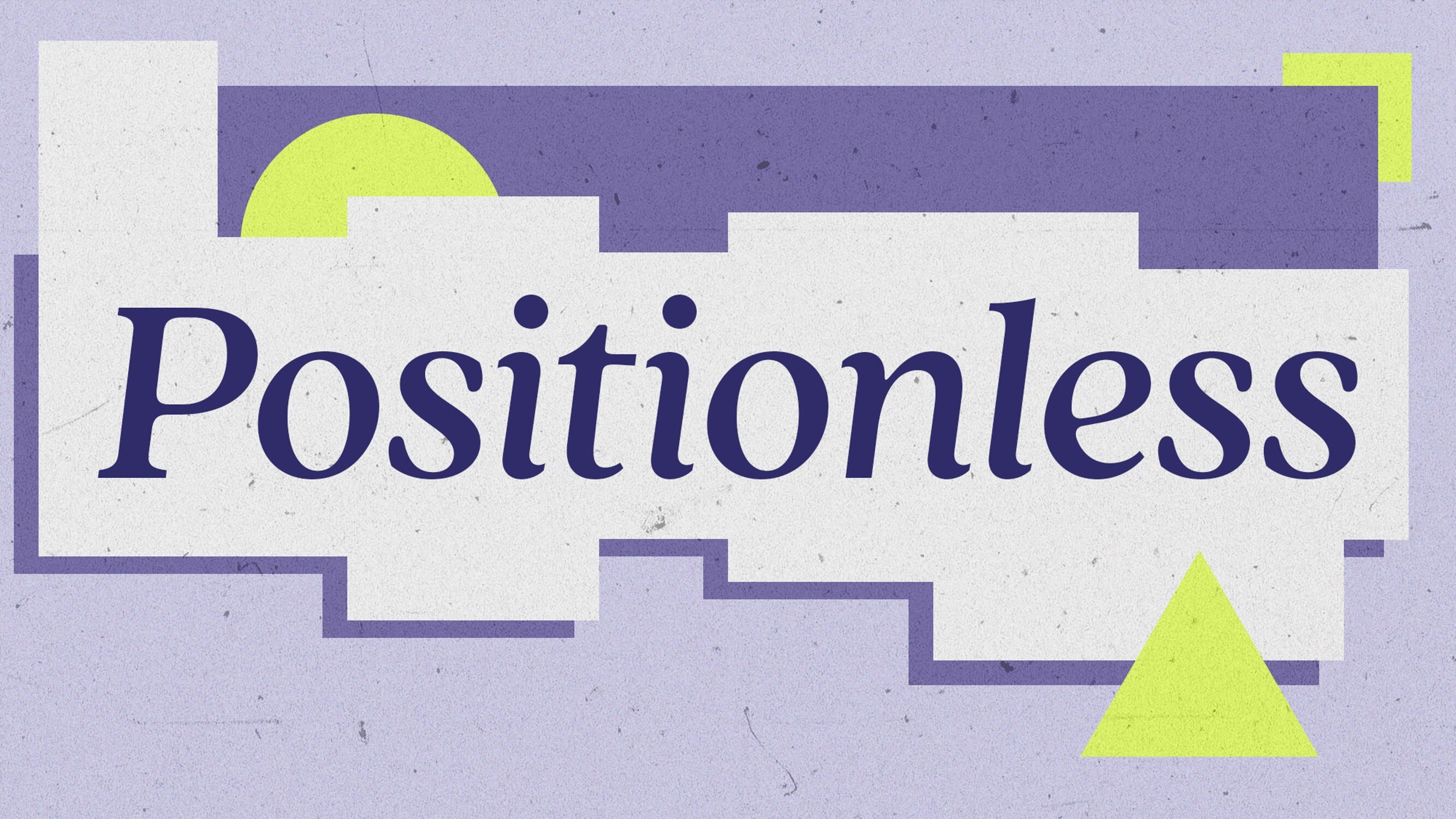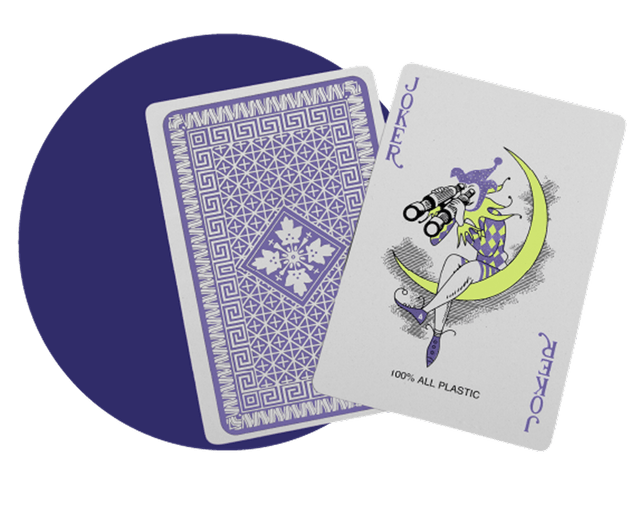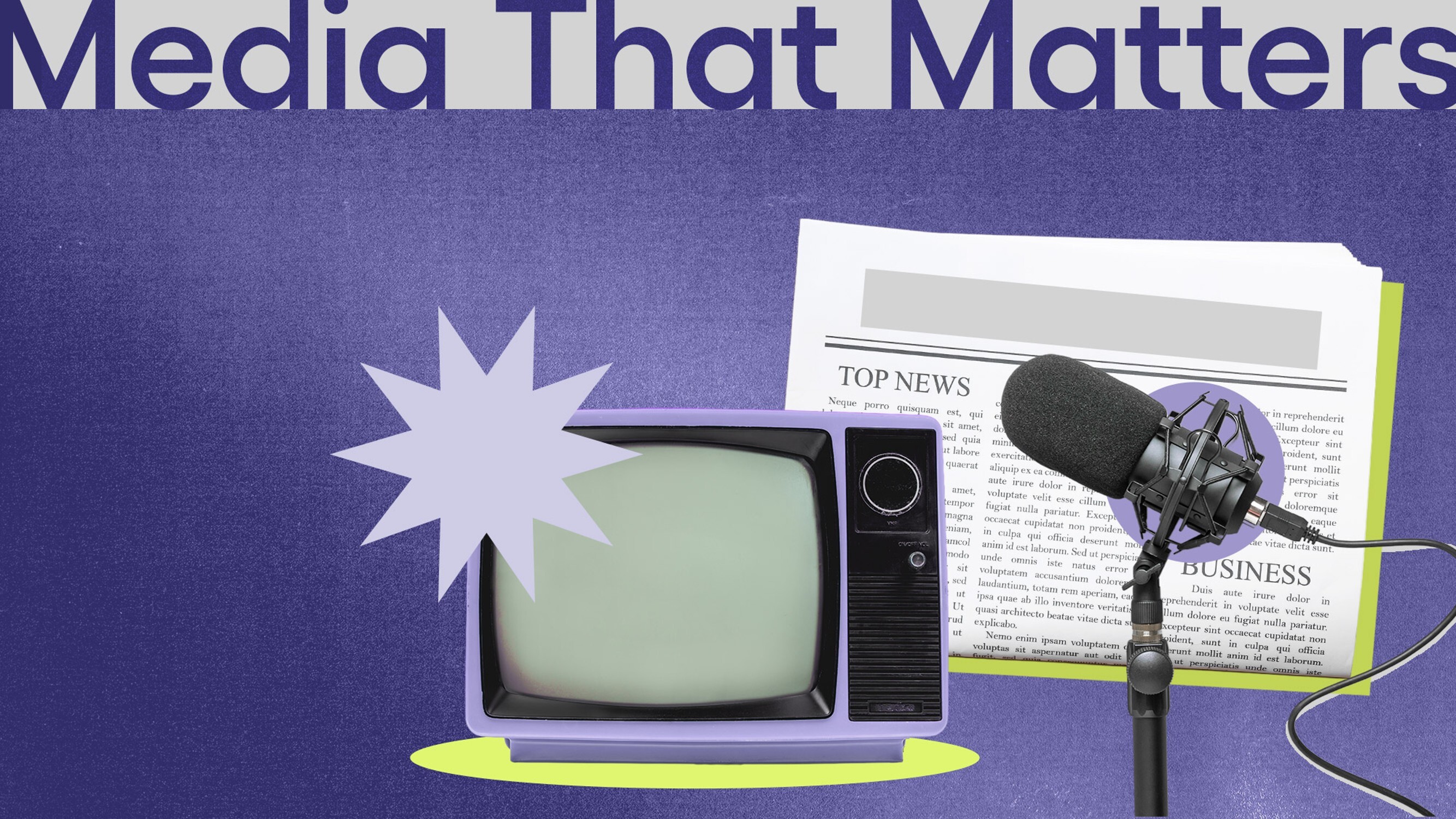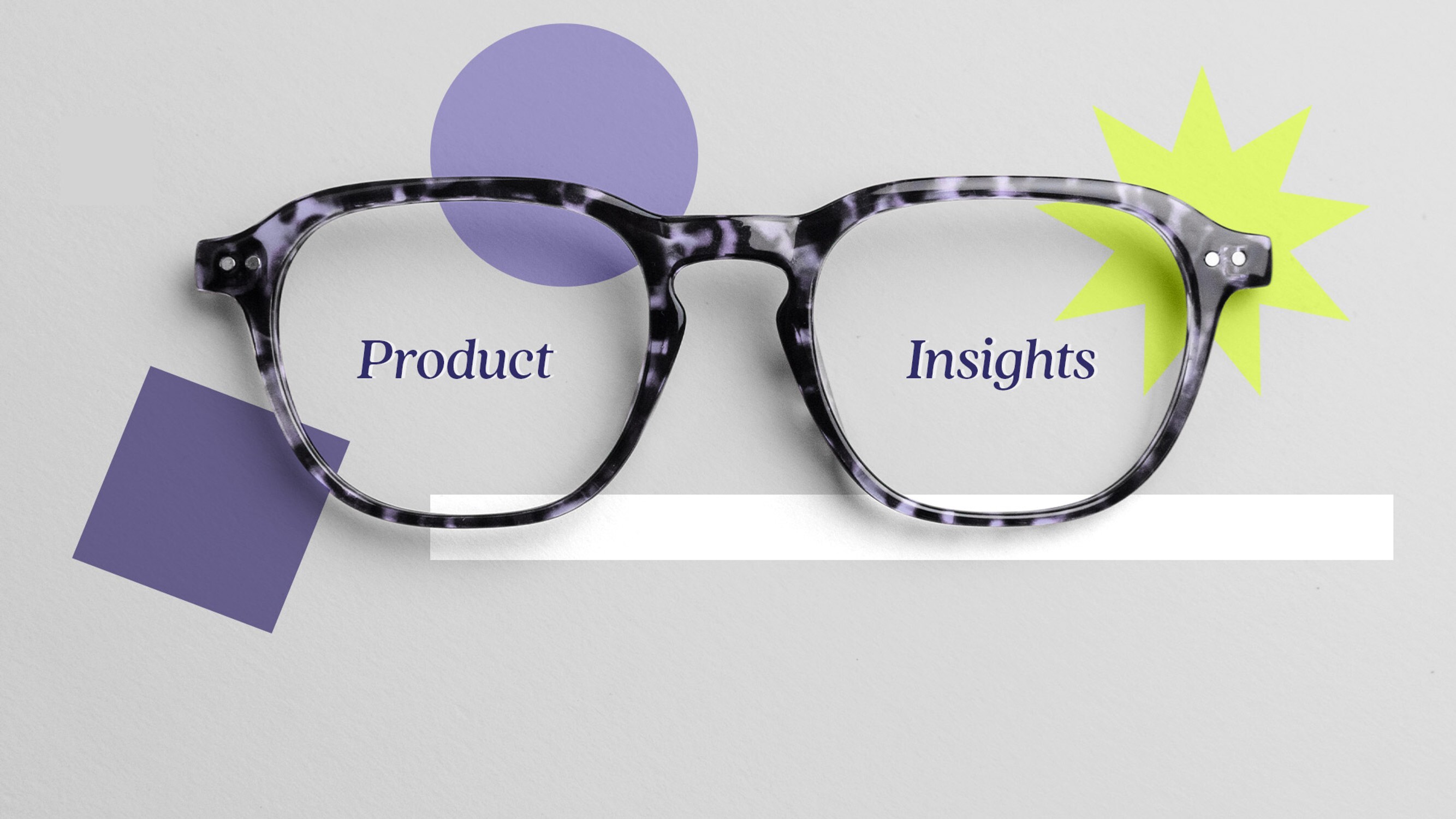
AI and the Retail Marketer’s Future
How AI transforms strategy and processes, driving the adoption of Positionless Marketing
Optimove Connect 2026: Join us in London on March 11–12 to master Positionless Marketing
Exclusive Forrester Report on AI in Marketing

Marketing has entered a new era. One where AI agents can autonomously analyze data, orchestrate journeys, and optimize campaigns with minimal manual effort. This shift is giving rise to "self-driving marketing."
In this post, marketers will gain a clear view of what this shift to autonomy means for their teams.
Self-driving marketing is the idea that, much like self-driving cars, marketing operations can become autonomous, powered by AI agents that adapt, learn, and execute decisions with minimal human intervention. Instead of marketers needing to constantly upload lists, manually segment audiences, or trigger campaigns, AI-powered personalization technologies take over, ensuring each customer receives the right message at the right time.
This shift is possible thanks to advances in large language models (LLMs), machine learning, data integration, and multi-channel orchestration. Together, these innovations are creating the foundation for self-driving marketing: where customer engagement flows seamlessly, intelligently, and at scale.
Marketing has always been about reaching the right audience with the right message. In the past, this was entirely manual: teams would plan, schedule, and execute campaigns by hand. The first wave of automation brought tools like email schedulers and rule-based workflows, which allowed marketers to pre-set triggers and flows. While effective, these systems lacked adaptability because they could only follow your rules.
Today, we are entering a new phase: adaptive, context-aware AI agents. These agents do not just follow rules; they learn from data and continuously optimize decisions. For example, they can determine which channel to use (email vs. SMS vs. push), what message will resonate best, and when is the optimal time to deliver it. This is autonomous marketing in action.
AI agents in marketing are specialized systems designed to carry out tasks independently. Examples include:
These agents continuously monitor performance and make adjustments, allowing campaigns to evolve dynamically. Instead of launching a campaign and waiting weeks to see results, marketers can see ongoing, AI-driven improvements in real time.
Personalization has always been a marketing goal, but scaling it has been difficult. Without AI, marketers relied on broad segmentation, meaning many customers received generic or irrelevant messages.
AI-powered personalization changes this by enabling the following:
For example, an AI agent can detect that a customer who viewed a product three times is highly interested, then trigger a personalized offer via email. Meanwhile, a customer who opted out of email could automatically receive the same offer via an in-app notification. This is personalization using AI at true scale.
A fully autonomous marketing stack can be thought of as four layers:
These layers interact autonomously, forming the backbone of self-driving marketing. The marketer’s role shifts from executing campaigns to designing strategies and ensuring ethical, creative oversight.
While AI can drive personalization and automation at scale, humans remain essential in the loop. AI handles data-heavy tasks such as segmentation, timing, and optimization, while humans focus on defining brand voice and creative direction, setting goals and business priorities, ensuring campaigns align with company values and regulatory requirements, and more.
This shift gives rise to the augmented marketer role. Instead of spending time uploading CSVs or setting rules, marketers analyze insights, refine strategies, and provide oversight. Humans and AI agents complement each other: AI takes care of scale and speed, while humans bring creativity, context, and empathy.
If not properly managed, AI-driven personalization can be risky. Potential issues include bias in training data, overreliance on automation, and lack of transparency.
To address these risks,marketers should focus on:
Human supervision remains critical to ensure AI decisions are ethical and aligned with brand values.
Self-driving marketing represents the future of customer engagement. By combining AI agents with personalization at scale, brands can deliver hyper-relevant, omnichannel experiences that adapt in real time. The marketer’s role is evolving from manual execution to strategic guidance, ensuring campaigns remain ethical, creative, and impactful.
Optimove is at the forefront of this shift, offering AI-powered personalization tools that help marketers orchestrate campaigns at scale, while respecting customers.
For more insights on implementing personalization at scale with AI agents, contact us to request a demo.
Exclusive Forrester Report on AI in Marketing
In this proprietary Forrester report, learn how global marketers use AI and Positionless Marketing to streamline workflows and increase relevance.


Sophie is a product marketing manager with a communications and marketing background. She specializes in go-to-market strategy, product messaging, and digital engagement for SaaS and B2B companies. She combines creative storytelling with a data-driven mindset to clarify product value and build stronger connections with target audiences. Sophie holds a degree in Communications and Marketing from Reichman University (IDC Herzliya).


